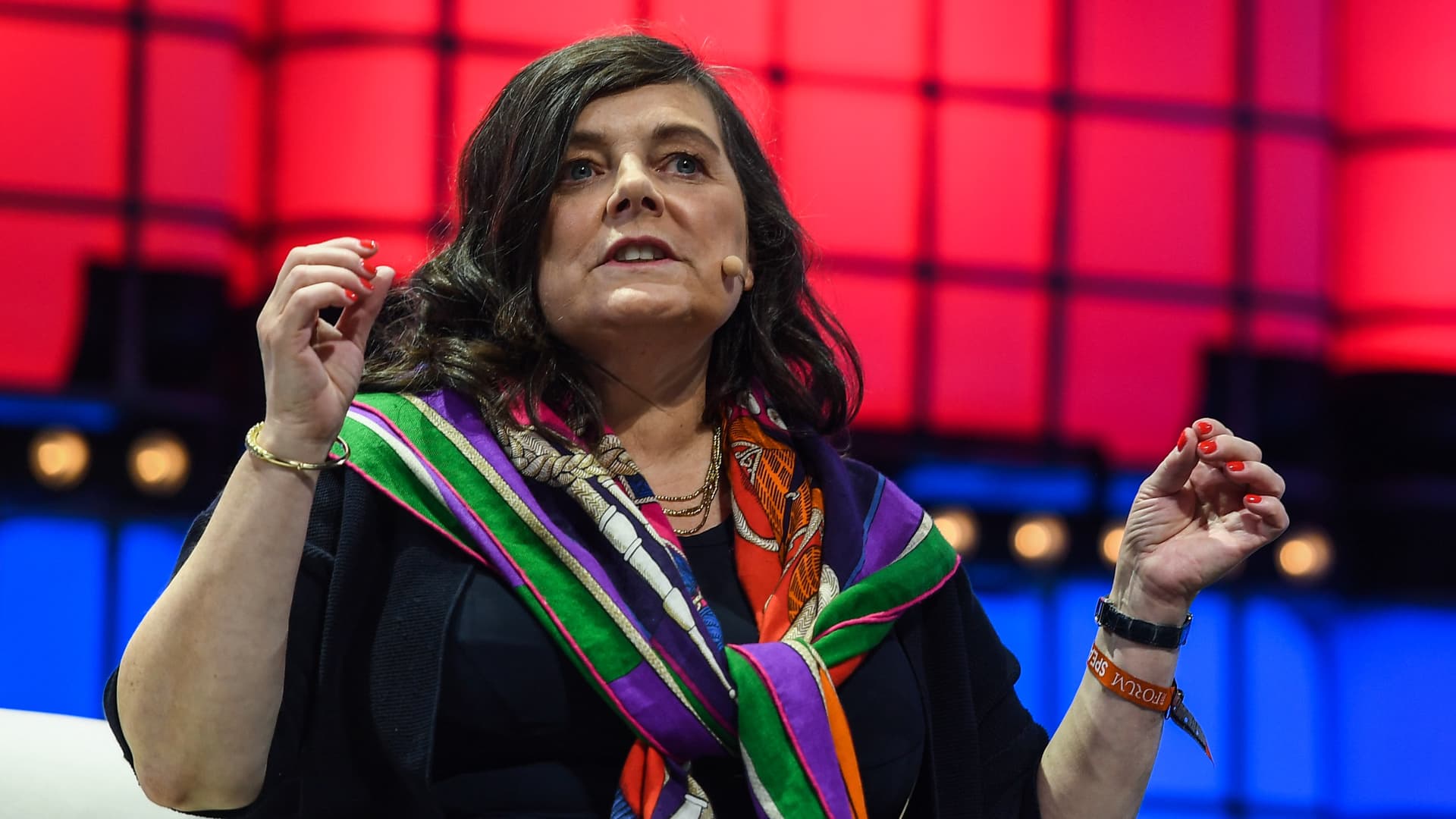Technology
Monday, July 18th, 2022 8:35 am EDT

LONDON — British digital bank Starling is ending its bid to obtain a European banking license, dealing a significant setback to the company’s international expansion ambitions.
The firm told staff Monday that it had withdrawn its application for a bank license from the Irish central bank, four years after initiating the process. Starling’s application had faced problems in the past, with the digital lender temporarily pausing talks with regulators in 2020 due to the Covid-19 pandemic.
Starling will instead focus on selling its software-as-a-service product, aimed at helping banks with their digital transformation strategies, and expanding into new areas of lending, CEO Anne Boden told staff in a memo Monday. The memo was first reported by Sky News and subsequently confirmed to CNBC by a Starling spokesperson.
The news comes as a blow to Starling’s European expansion plans. Backed by the likes of Goldman Sachs and Qatar’s sovereign wealth fund, Starling has won investment from such high-profile investors with the promise that it can achieve success in countries outside its home market.
Starling is one of the U.K.’s largest online-only banks, with more than 3 million clients, 500,000 of which are businesses. It competes with numerous popular fintechs in the country including Revolut and Monzo, as well as its own investor Goldman, which offers savings accounts through a digital banking brand called Marcus.
The privately-owned firm was last valued at £2.5 billion ($3 billion) in April, double what it was worth in a 2021 financing round.
Fintechs have had a tough time in both public and private markets, with Swedish buy now, pay later firm Klarna recently seeing its valuation drop 85% to $6.7 billion from $45.6 billion last year.
Starling said its still intends to pursue expansion in Europe, only through software deals with other lenders rather than its own retail bank brand.
“Ultimately, we felt that an Irish subsidiary would not deliver the added value we are seeking,” Boden said in the memo Monday.
“We’ll now be focusing on taking our software to banks around the globe through our Software as a Service subsidiary, Engine, and by expanding our lending across a range of asset classes, including through targeted M&A activity,” she added.
Starling acquired Fleet Mortgages, a specialist mortgage lender, for £50 million in July 2021.
The company was recently the target of criticism from Lord Agnew, a former U.K. minister, who questioned its deployment of government-backed lending schemes aimed at helping businesses through the coronavirus crisis.
Agnew, who resigned as anti-fraud minister this year over the government’s handling of Covid loan fraud, called Starling “one of the worst” offenders when it came to making checks on businesses applying for the government’s £47 billion bounce back loans program. The government promised lenders 100% backing for the loans in the event that a firm didn’t repay.
Boden fired back at Agnew’s claims, calling them “defamatory” and “wild accusations,” and threatening legal action against the politician if he didn’t retract the comments.
The Covid loans program provided a big boost to Starling’s bottom line, with the upstart bank posting its marquee profit in October 2020 following a significant uplift in lending activity. The bank’s loan book ballooned from barely any lending to nearly £2.2 billion between 2019 and 2021. Starling is expected to reveal its latest full-year accounts this week.
This post has been syndicated from a third-party source. View the original article here.




